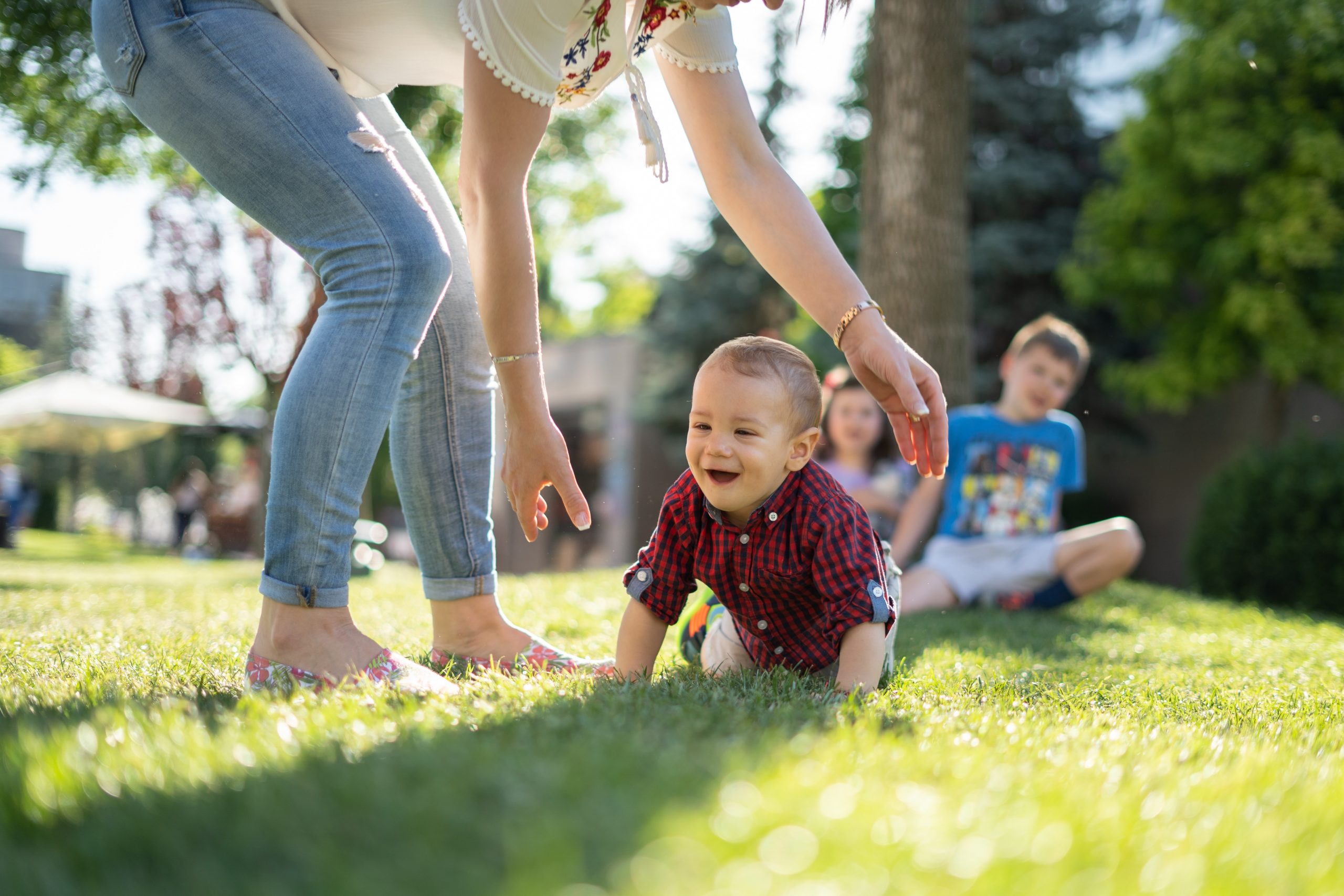Some may say that social and emotional development in 0-3-year-old’s is the most interesting…but it is certainly one of the most crucial ages for these developments. In this article, we explore the significance of the mother-child relationship between social and emotional development in 0-3-year-olds. We also look at the milestones in this area and gain insight into what parents can do to assist in this journey.
The Parent-Child Relationship
The relationship between parent and child, especially mother and child, is the basis of all development throughout the infant/toddler years. When the young child is physically and emotionally attended to in a relatively consistent and empathic way by his/her mother it creates a secure and safe base for him/her to learn, explore and grow, feeling comfortable in the process of development. Studies have shown that the emotional bond between parent and child can be as critical to the infant as food and as such, it can be seen as a basic need of survival for the infant. Therefore, when the infant/toddler is nurtured with love and emotional support, it gives them the best chance of learning social and emotional skills and values.
Milestones in Social and Emotional Development
Infants
There are many important milestones to look out for in the young child’s social and emotional development. Every day young children absorb information from their environment and with a loving parent relationship they thrive and achieve these milestones. Some examples of milestones in the first 6 months of life are as simple as; smiling, crying, seeking comfort, establishing the difference between mum and dad, recognising other family members and even laughing.
Later on, between the ages of 6-12 months, you can expect exciting developments in social skills including the ability to play games such as ‘peekaboo’ and they may even start to say their first words. From here, the young child’s ability to communicate and mobilise becomes more advanced. This makes social development progress at a faster rate.
Toddlers
Around 18 months, toddlers may start to experience more anxiety with strangers, and this is completely normal. The mother-child relationship is a critical factor in how this unfolds for toddlers. When the attachment relationship is ‘secure’ it creates a foundation of trust. Furthermore, if parents are supportive of the ‘stranger’, including them in the social interaction, it is more likely they will adapt and start to socialise with the person sooner. All the while, it is important that parents are showing love and attention to the toddler also. Infants and toddlers trust and feel most comfortable with their parents more than anyone else and therefore, follow their lead in these unknown situations. Additionally, when toddlers experience their mother as a safe haven to return to, they are more willing and interested to explore the world in a gradual way.
Between the ages of two and three, many toddlers begin to test limits, and this can be quite challenging, exhausting, and frustrating for parents. However, this testing of limits is the way children begin to discover and learn about their boundaries which is a crucial progression in their social and emotional development. These boundaries are formed by consistent and appropriate limits set by parents/caregivers.
What you Can Do to Support Development
There are many things that parents can do to support the journey of social and emotional development in the early years of their child’s life. However, the most important thing is to be safe and comforting support for the young child. Other things that you can do include:
- Providing physical affection: hugs and kisses
- Being emotionally available
- Mirroring delight
- Gently encouraging and praising positive behaviour
- Establish and maintain a routine that your child can become familiar with
- Communicate with your baby and get to know their personality
Psychology Support in Social and Emotional Development
Many of these behaviours will come naturally to parents. However, it is reassuring to know that they are assisting your child in developing essential social and emotional skills. These skills built in the first three years become the foundation of all other social and emotional skills.
Do you think your child may need help in these areas of development? Karen Potter specialises in developing social and emotional skills in 0-3-year-olds. Karen incorporates attachment and developmental theories within a relational approach. She offers support, education and information in addition to suitable strategies. She does this all within a safe, empathic and trusting environment.
For more information on parenting psychology and psychology in Lismore, visit karenpotter.com.au or call 0438 389 829.
